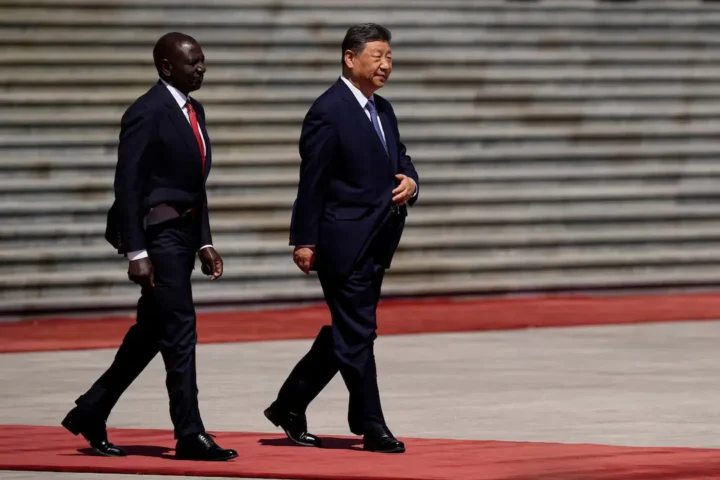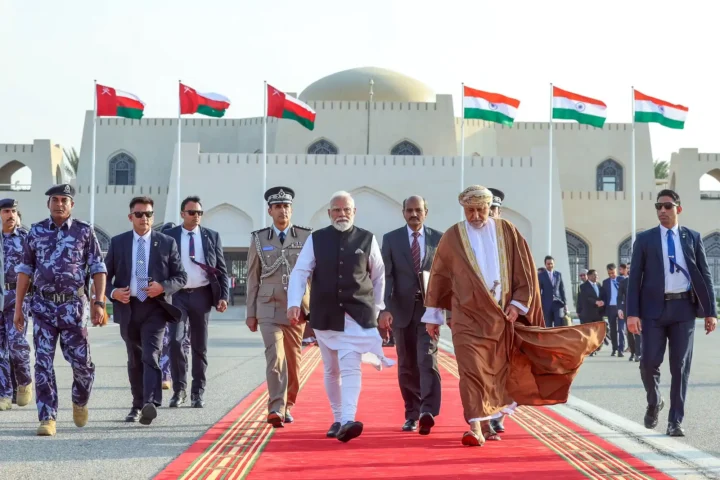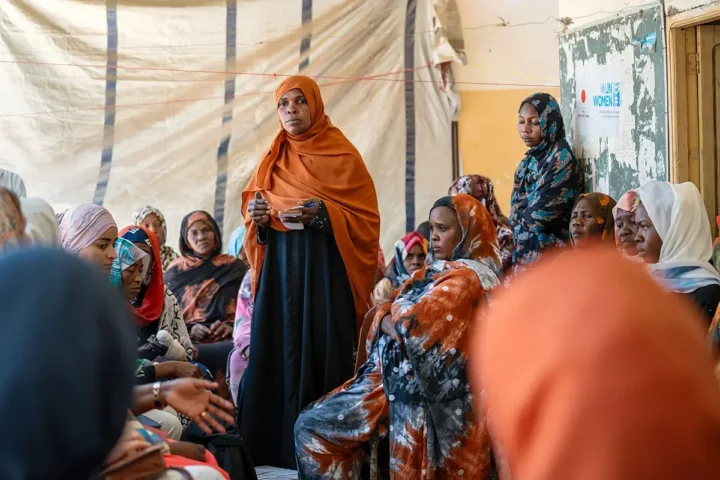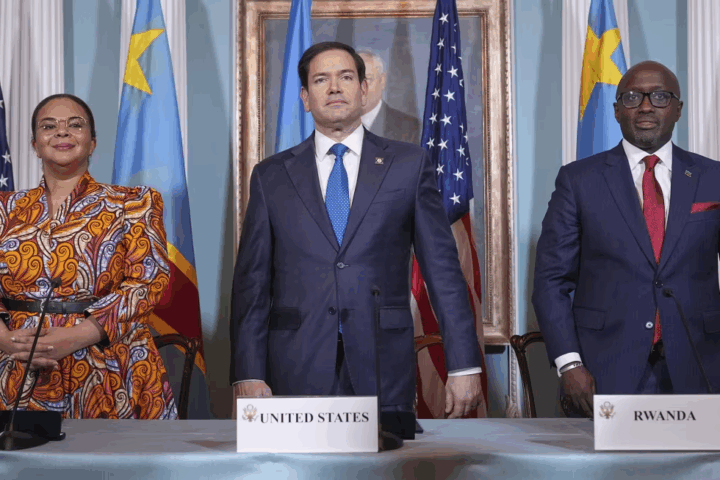Just two years ago, the people of Mphande’s remote villages faced a harsh daily reality. Clean water was so scarce that families sometimes drank from muddy puddles. Most tall trees in two of the three villages had been cut down for charcoal, the only nearby school stopped at grade seven, and the nearest health clinic was a grueling 15 to 25 kilometers away.
Last Friday, however, a wave of joy swept through the region. Twenty-six young men and women — many of whom had never finished primary school — donned caps and gowns, dancing their way to a milestone once thought impossible: graduation from a two-year Youth Service Program. Parents wept, children cheered, and the Zambian and Israeli flags fluttered in the wind behind a makeshift stage of brick and tin.
Among the guests was Israel’s newly appointed resident ambassador to Zambia, Ofra Farhi, who chose this as her very first official event. The celebration was organized by Tevel b’Tzedek, an Israeli non-governmental organization working to reverse rural poverty in Sub-Saharan Africa and South Asia.
A Model for Change
Tevel’s approach goes beyond quick fixes. The organization tackles challenges in farming villages in a holistic way — improving access to water, agricultural resources, health services, and education — while fostering local leadership. Central to its work is building trust and a sense of shared purpose.
“This is about empowering communities to stand on their own,” said a Tevel representative. “We don’t just bring resources — we help people build systems that last.”
Reviving Old Ties
Ambassador Farhi’s presence was symbolic. Zambia, like most African nations, severed diplomatic ties with Israel in 1973 under pressure from oil-producing states. Now, relations are being renewed. Farhi recalled how her uncle once worked in Zambia through Israel’s development agency Mashav, and her aunt served as a nurse in a Zambian hospital. These stories, rooted in the era of Golda Meir, reminded her of a time when Israel — then far less wealthy — invested heavily in helping newly independent African nations.
The Power of Community
Tevel’s founder argues that community spirit is the missing ingredient in much of today’s international development work. In Israel, a deep sense of shared responsibility has fueled national progress — a cultural trait that resonates with many African societies. By nurturing local youth as “change agents,” Tevel taps into this energy.
In Zambia, where 70 percent of the population is under 30, the parallels with Israel’s youthful demographic are striking. “Youth is our greatest resource,” Farhi said, adding that she hopes to inspire the next generation as her own relatives once inspired her.
Looking Forward
For Mphande’s new graduates, the ceremony was more than a personal achievement. It was a signal to their community — and to the world — that transformation is possible, even in the most neglected corners of the globe.
As songs and dances carried on into the night, one mother summed it up with a smile as she clutched her son’s certificate: “This is the start of something new for all of us.”





